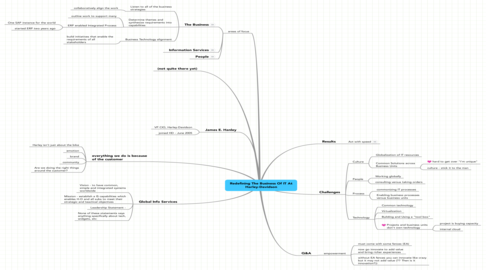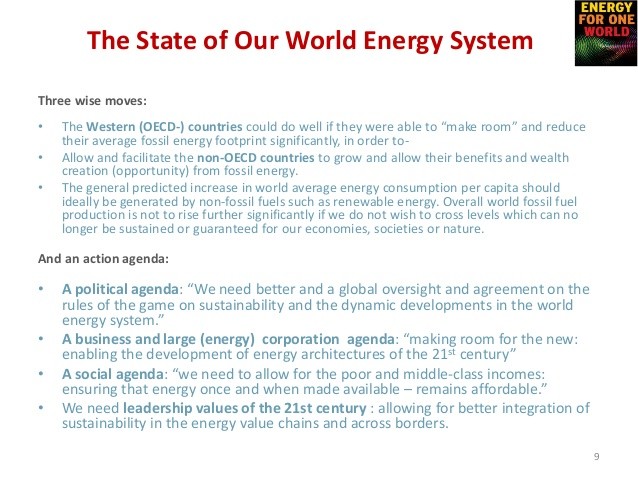Redefining the business of business
Post on: 6 Июль, 2015 No Comment

In this article
The point of contention is Milton Friedmans the business of business is business quote. As discussion about ESG and asset management has intensified, Friedmans claim has underpinned ideas of fiduciary responsibility. To carry out their legal duties, institutional principals and agents must exercise reasonable care, skill and caution on behalf of beneficiaries. These responsibilities have often been interpreted solely as to maximize financial returns on investments. ESG considerations, it was argued, could prevent this and lead to a breach of fiduciary duty.
Certainly that was the case when we first began discussing ESG integration. Word would come back that the lawyers wouldnt allow it, that fiduciary duties precluded it, Watchman explains during a break in the 2008 TBLI Conference, the largest global conference on responsible investment. Today, no one really defends the idea that ESG does not have a role in business decision making.
WATCHMAN IS TOO QUICK TO WRITE OBITUARIES
“ESG is becoming mainstream, not an SRI niche. You can actually see a shift taking place.”
Paul Watchman
Paul Haines, investor director of Daily Mail and General Trust. rigorously defends exactly that proposition. I have never seen any rational argument I stress the word rational that trustees should invest for anything other than the benefit of the members in terms of what they will derive from the pension fund. Effectively, this means that the key investment issue for UK trustees is the risk-adjusted return over a suitable time frame. I reject as non-applicable statements along the lines that sustainable investment is part of a trustees fiduciary duty. Indeed, in less cautious moments, I describe them as utter tosh.
Yet, there has been a shift with many businesses recognizing the relationship between the physical and social world with the economic. It is argued that the Friedman mindset obscures the point that social issues are actually fundamental to the business of business. Companies do not operate in a vacuum, but as part of a social contract, and those that deny this are ignoring forces that have the potential to interrupt or enhance their long-term development. Many investment firms are now applying ESG factors in the financial analysis of some specialized investment offerings. Last November, Lord Mackenzie of Luton, representing the UK Government Department of Work & Pensions, gave the debate fresh impetus when he said in Parliament, There is no reason in law why trustees cannot consider social and moral criteria in addition to their usual criteria of financial returns, security and diversification. This applies to the trustees of all pension schemes.
“We are all rabbits transfixed by the oncoming headlights of climate change. But some of us are very boastful little rabbits. ”

Paul Watchman
That supported the legal opinion of the UNEP Finance Initiative report that Watchman delivered as a partner of the Freshfields law firm. The UNEP FI Asset Management Working Group explores the association between environmental, social and governance considerations and investment decision making. The Working Group consists of 13 asset managers. RCM (UK) is a member of the working party. RCM is a company of Allianz Global Investors. With that 2005 report, Watchman, who has more than 30 years experience representing industrial conglomerates in selling and buying business around the globe in multi-jurisdictional deals, undertook a thorough examination of ESG considerations and the legal framework in the United States, Canada, Australia, Japan and key European Union countries.
The report concluded there were no legal restraints on considering ESG factors in pension fund investments if they were material to returns or posed reputational risk. It also flipped orthodox thinking on its head. We said that those who hid behind profit maximization and limits supposedly placed by their legal duties as fiduciaries do so at their own peril. We said ESG was integral, that it should be focused on, particularly where there was a proven link to investment, says Watchman.
Watchmans argument centers on the idea that fiduciary duties are organic, that they change with social norms and business practices. Access for the disabled, equal pay for women and subsidization of public transportation are all examples of initiatives found to have breached fiduciary duties in the past 80 years. Today, he says, most people have a different opinion on these issues. He also notes that in the 1930s to 1950s, investing in shares, not bonds, could have been considered a breach of fiduciary duty because of perceived risks. Now a partner at Dewey & LeBoeuf, Watchman is drafting a follow-up report, dubbed Freshfields 2. Due this year, the report examines changes of policy and law since 2005.
As I said, the Chicago School is wrong. ESG is becoming mainstream, not an SRI niche. You can actually see a shift taking place. Not that ESG will ever become a substitute for existing valuation tools, but it is an additional tool. Decisions will and should always be made on investment not moral values. I think that is true, except we are increasingly realizing that ethical and moral values are often investment values.














